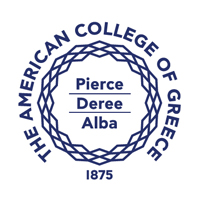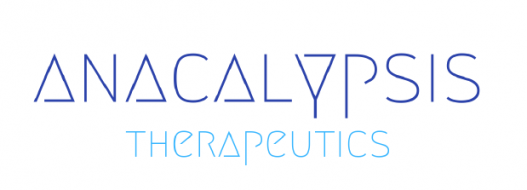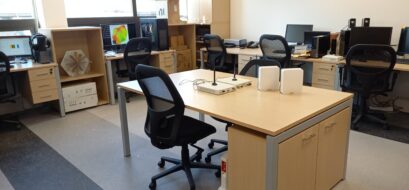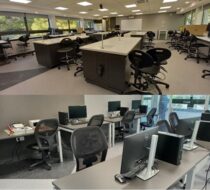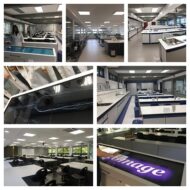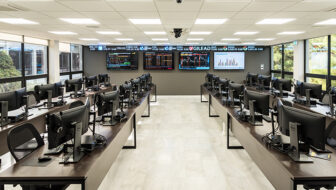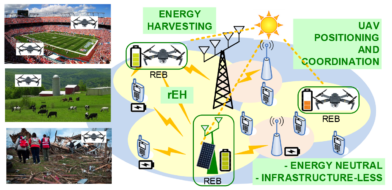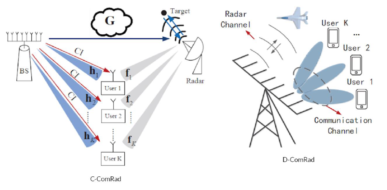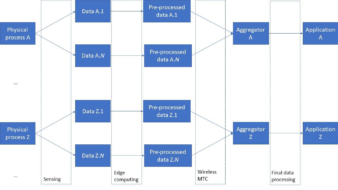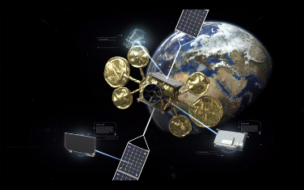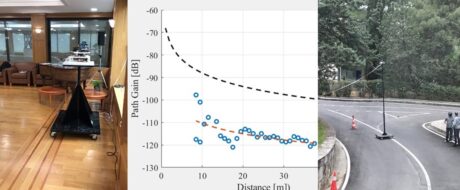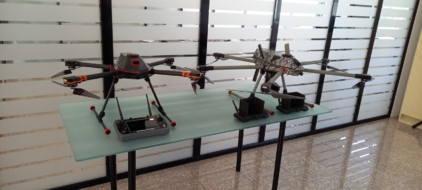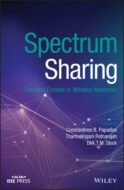Overview
As part of the ACG 150 strategic plan, the RTIN seeks to combine the in-house research and innovation (R&I) potential stemming from ACG’s faculty, schools, departments, institutes, centers, programs and labs with an external network of collaborators and innovation players (corporations, investors, start-up clusters and incubators, funding agencies, innovation and market fora and think-tanks, venture capital funds, standardization and regulatory authorities, legal counsels, sponsors and donors). The doors of RTIN are open to all ACG faculty, while it hosts a number of research fellows and members from ACG, as well as resident and visiting researchers that work on various research and innovation-oriented projects.
Virtually unlimited in theme and scope, the Network’s activities track the evolution of many science and technology (S&T) disciplines that shape our world. Some current areas that are addressed through the activities of current Deree and ALBA faculty include: information and communication technologies (next generation networks including the Internet-of-Things, data science, artificial intelligence, cyber security, etc.), optimization and operations research, economics and finance, marketing, business and management, biomedical science and e-health, psychology and cognitive science, visual arts, literature, philosophy, history and journalism.
Mission
To serve as a nexus for research, innovation and technology development and transfer, promoting the generation of intellectual property and its connection with potential investors, entrepreneurs and start-ups, in order to foster economic development in Greece and beyond.
Vision
To become a Greece-based hub of research and technology-oriented innovation of global appeal.
